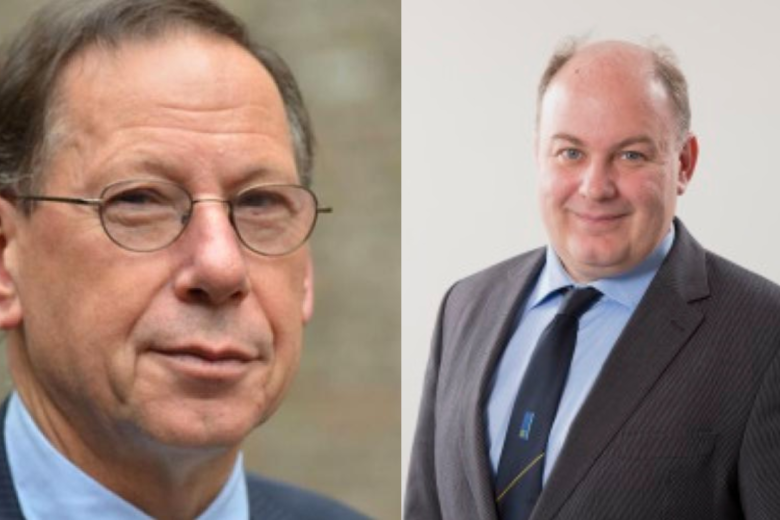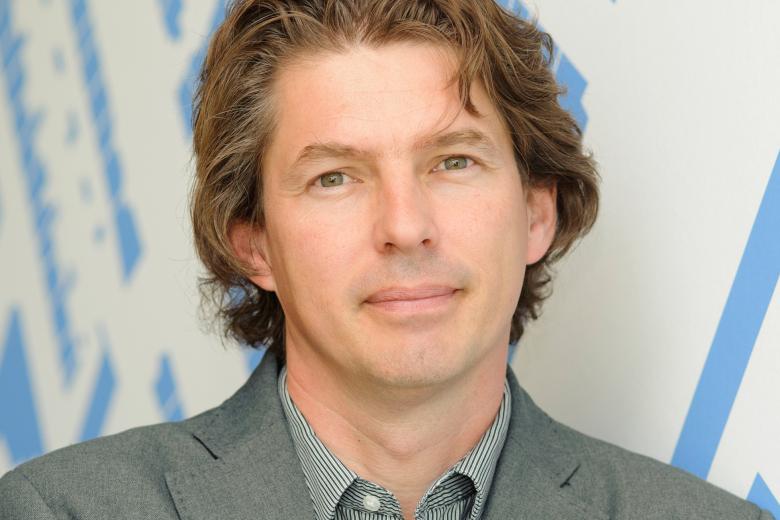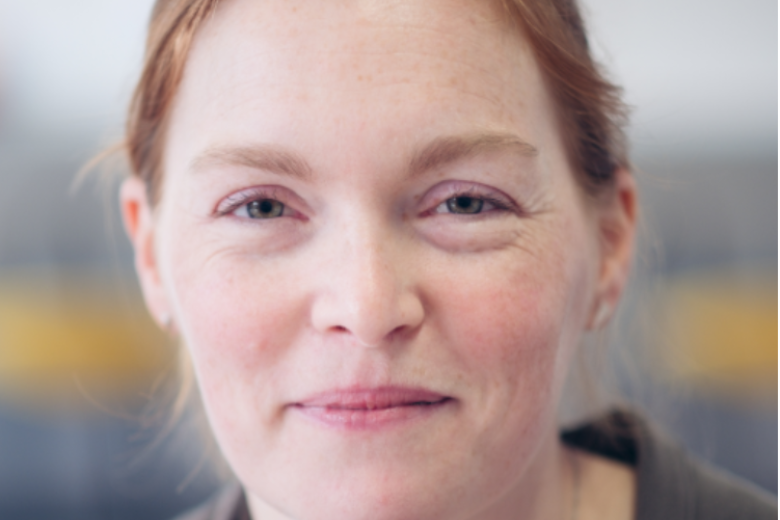Sally Wyatt appointed to NWO Committee
Sally Wyatt, professor of Digital Cultures in Development, has been appointed to NWO’s new Permanent National Committee for Large-Scale Scientific Infrastructure (in Dutch: Permanente Nationale Commissie voor Grootschalige Wetenschappelijke Infrastructuur), announced in the ‘2025 Vision for Science’ report published by the Dutch Ministry of Education, Culture and Science earlier this year.
The committee will commence its work this September and take on the task of creating an inventory of all large-scale research facilities in the Netherlands as well as foreign facilities available to Dutch researchers. Building on this, the committee will determine the need for new facilities, and advise on how to develop them. The results will feed into the National Roadmap for Large-Scale Scientific Infrastructure, which guides NWO funding – with 80 million euros granted every two years to the research facilities listed in the roadmap.
The committee is composed of 12 leading Dutch researchers in four areas: Humanities/Social sciences, Medical/Life sciences, Exact sciences, and Engineering and Applied sciences. The appointees were chosen based on their involvement in Dutch research as well as in society. Wyatt brings to the table an impressive international career with 35 years of experience in research and teaching in the field of technology and society. In addition to her work at the Maastricht University, she is also programme leader of the eHumanities group of the Royal Netherlands Academy of Arts and Sciences (KNAW) and director of the graduate research school Science, Technology and Modern Culture (WTMC).
Also read
-
Giants and the shoulders they stand on - Luc Soete & Bart Verspagen
UNU-MERIT celebrates the 2025 Nobel Prize in Economics awarded to Joel Mokyr, Philippe Aghion, and Peter Howitt for their groundbreaking work on technological change and economic growth. In this reflection, Luc Soete and Bart Verspagen explore the laureates’ connections to UNU-MERIT’s four decades...

-
Innovation and the dynamics of growth: a Nobel Prize for Joel Mokyr, Phillipe Aghion and Peter Howitt - Mark Sanders
Mark Sanders reflects on his personal encounters with Joel Mokyr, Philippe Aghion, and Peter Howitt, explaining why their research on innovation-driven economic growth deserves the 2025 Nobel Prize in Economics 2025 Nobel Prize in Economics and how their work advances the Schumpeterian tradition.

-
Innovation, growth, and the missing pieces: a broader perspective on the 2025 Nobel Prize in Economics - Tania Treibich
Tania Treibich examines the 2025 Nobel Prize in Economics laureates’ contributions to understanding the dynamics of innovation, showing how their research demonstrates that technological change, entrepreneurial investment, and competition are central to sustained economic growth.
